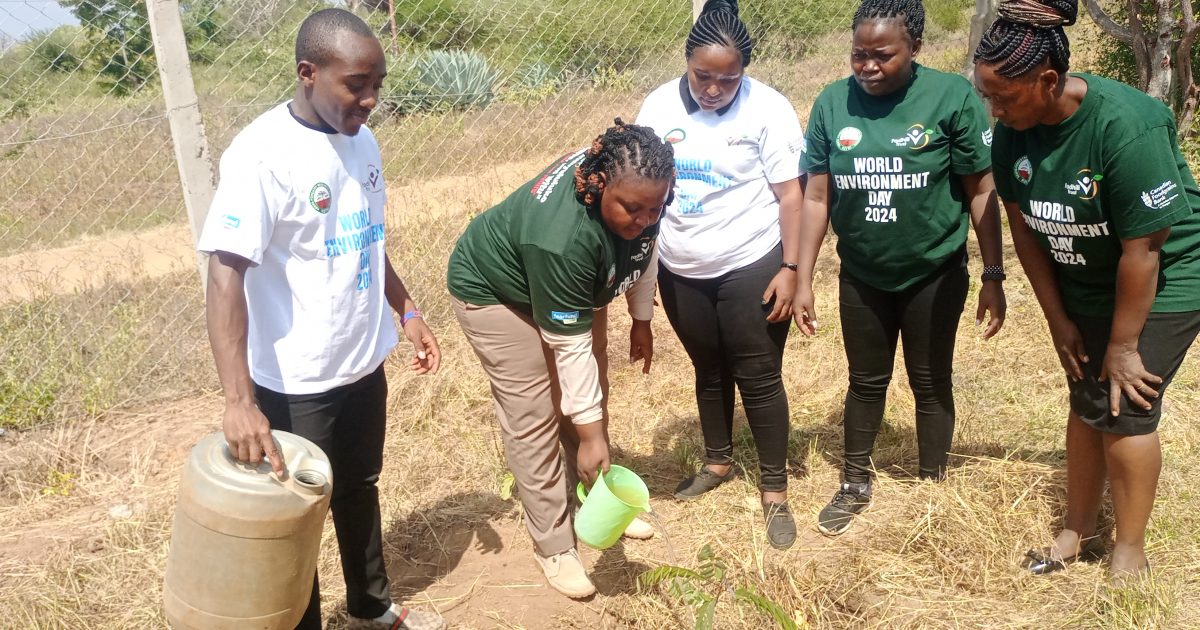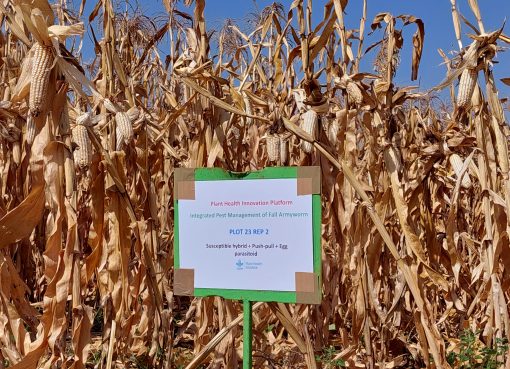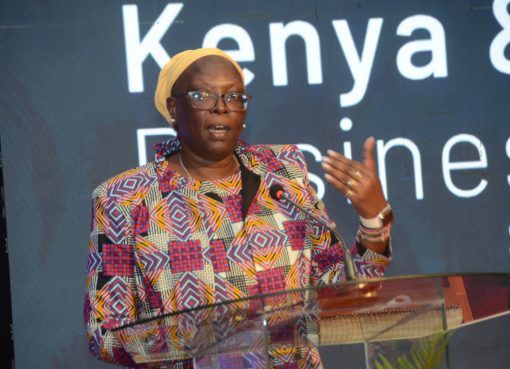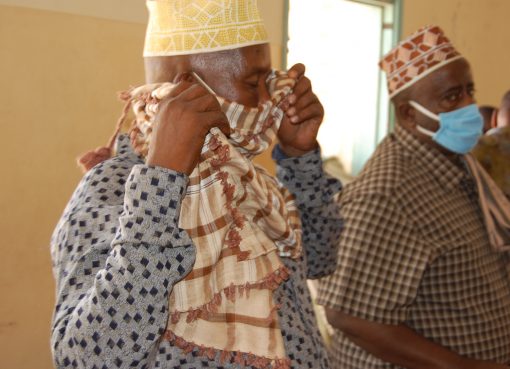The perennial drought and its negative impacts on the climate in Kibwezi East has been blamed on haphazard cutting of trees to burn charcoal.
Kibwezi Assistant County Commissioner (ACC) Agnes Maswai has said cutting of trees has led to reduced rainfall and also contributed to the crops withering in farms, hence affecting food security of the area.
In this regard, she urged the local residents to stop cutting trees haphazardly and challenged them to consult their respective government officers, especially Kenya Forest Service (KFS) Officers to advise on the best practices in conserving our environment.
“Many of you have failed to follow the laid down laws of cutting trees. This has accelerated the depletion of trees in individual farms as they harvest trees to burn charcoal,” Maswai said while addressing wananchi who turned up during the World Environment Day celebrations conducted at Mbui Nzau outside the Chief’s office.
Further she called for concerted efforts by all residents in supplementing government efforts in restoring our environment in order to reverse the negative impacts of climate change in the area.
“Those that are in the habit of cutting trees and burning charcoal should stop. They should embrace planting of trees collectively to ensure our environment is restored,” reiterated the administrator.
Maswai emphasized the need for the residents to grow trees to maturity, while saying that 1,000 tree seedlings were planted at the chief’s office to mark the occasion and the event was sponsored by Fadhili Trust, an organization involved in conservation of the environment in the area.
Speaking at the event, an official from Fadhili Trust In charge of Environment Esther King’ola said that they were educating students and local residents on the need to grow trees in an effort to conserve the environment in the area.
“We have 14 environment clubs in various schools where we educate students on the importance of conserving the environment. Also we work with groups in the community to create awareness among farmers in order to bring positive change in the society,” said King’ola.
On challenges, she noted that the prolonged drought that the experience besides livestock eating the tree seedlings were the major challenges they faced, hence called for the government to come up with regulations to contain the animals in the area.
On her part, an official from Kenya Forestry Research Institute (KEFRI) in Kibwezi, Linet Mumo Muindi challenged the local residents to seek advice from their organization so that they can be educated on the kind of tree species to plant in the area.
“KEFRI deals with dry land forestry, where we advise farmers on the kind of tree species to plant that can be sustained in the climatic conditions in the area. We ask them to plant Mukau and acacia seedlings besides fodder to feed their animals during the dry spell,” Muindi said.
By Patrick Nyakundi





